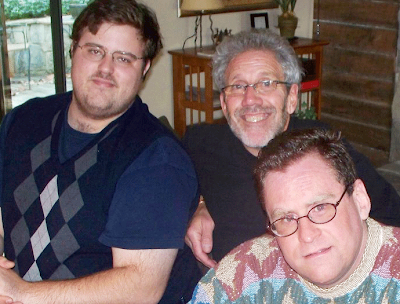
As you examine the various components of our mission and services, it becomes clear that the Caramore Program takes a bold and unique approach in guiding people with mental illness to realize their potentials and expand their futures. Our success is based upon many solid and consistent program guidelines, as well as on a personally tailored plan for every individual who enters Caramore.
But of equal importance, Caramore is also strategically located in a geographic community that offers three key and readily available components that are essential to helping adults with mental illness maximize the benefits of the Caramore Program. Those three elements are ---
1) Outstanding Mental Health Treatment --- Effective local mental health treatment and community support services are readily available for adults with mental illness. UNC Hospital and Duke Hospital are close by and provide excellent psychiatric and therapy services. Local agencies such as Oasis, The STEP Clinic, Freedom House and Club Nova also act as partners with Caramore to address the various mental health needs of our participants
2) Availability of Community Jobs --- The Chapel Hill / Carrboro area is home to a vibrant and stable college community with many job possibilities available in support of that community. The various service industry and University related jobs that are created in our area have been wonderful employment opportunities for all of our participants
3) Free Public Transportation --- Caramore is situated in the heart of an area that provides free public bus transportation to local population. All of our participants are able to utilize free public transportation to get them to their jobs, doctors, therapists, shopping, social events, etc. In other words, people are not held back from opportunities because of any inability to get there.
Caramore offers the perfect mix of a well designed program, fully competent and caring staff people, and valuable community services ... and utilizes all those assets to ensure the success of our participants.


















